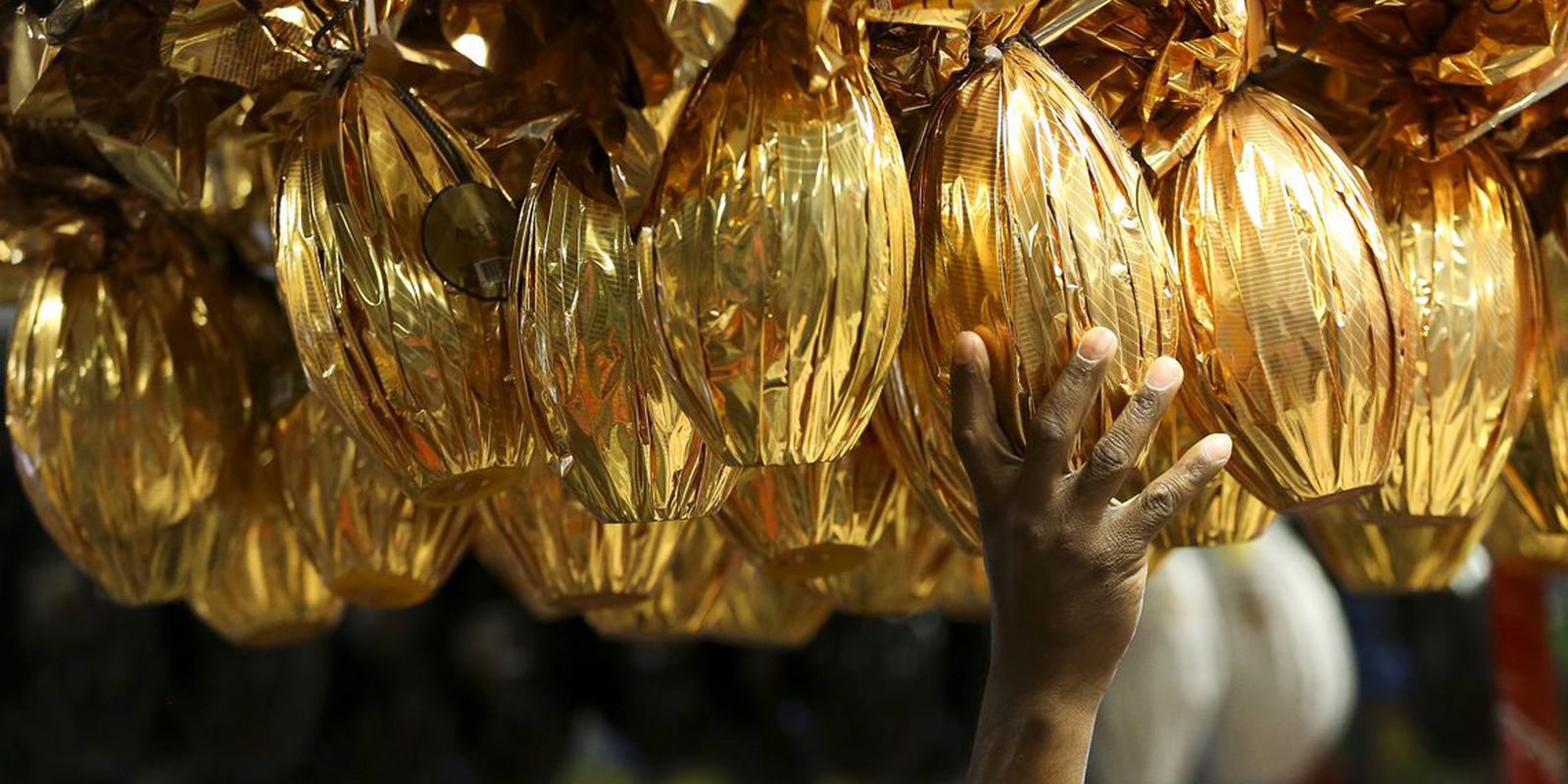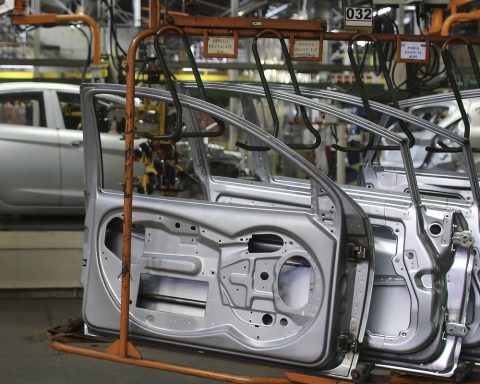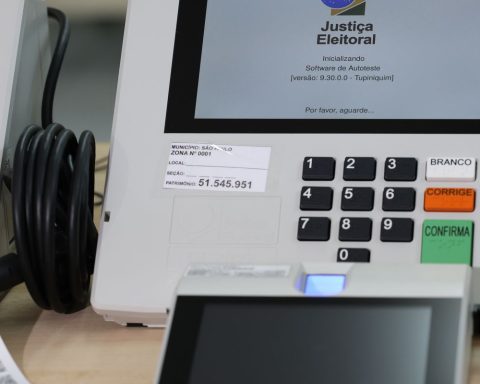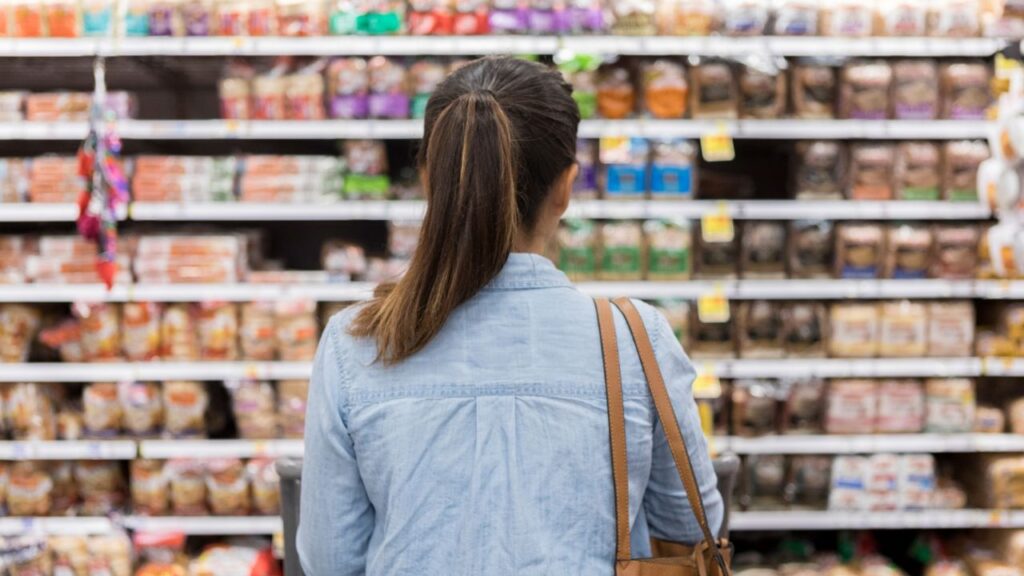A survey carried out by the Brazilian Micro and Small Business Support Service (Sebrae) shows that the number of small businesses that manufacture chocolate-derived products increased during the covid-19 pandemic. This year, Easter, the best time for sales in the sector, will be celebrated on April 17.
According to the entity, the opening of new businesses in the area increased by 57% in 2021 compared to the result of 2019. The data were obtained from the National Classification of Economic Activities (CNAE), which is formalized by entrepreneurs at the time of opening the business.
Regarding revenue, the survey showed that 42% of entrepreneurs sold more in 2020 – the first year of the pandemic – compared to 2019.
The data also indicate that the number of companies opened in the sector was greater than the number of companies closed for three years in a row. In 2021 alone, 2,397 openings and 883 closings were recorded. Most businesses (2,319) were opened by individual microentrepreneurs (MEIs). The others involve micro-enterprises (72) and small businesses (6).
According to Sebrae, the chocolate sector attracts micro-entrepreneurs because it is an area that does not require previous professional training. No sophisticated machines are needed and the raw material is affordable. In addition, it is a sector characterized by the ease of starting a business, whether out of necessity or opportunity.
Sebrae competitiveness analyst Mayra Viana assesses that the sector’s growth is related to the lack of barriers to market entry.
“We have a contingent of entrepreneurs who normally make eggs and chocolates from ready-made chocolate bars, in their own homes, without great need for machinery and equipment. Also included are occasional confectioners, who seek extra income at certain times of the year. year, like Easter,” he said.
Sebrae also offers tips for microentrepreneurs to leverage their sales at Easter. The entity suggests investing in kits and baskets, anticipation of the period of orders through social networks, bets on packaging that facilitate transportation and also the planning of production and logistics.
most expensive eggs
In the case of Easter eggs sold in supermarkets, products are up to 40% more expensive compared to last yearaccording to a survey carried out by the Paulista Association of Supermarkets (Apas).
By industry expectation, consumers should opt for smaller eggs, about 250 grams, in addition to chocolates and bonbons.
















